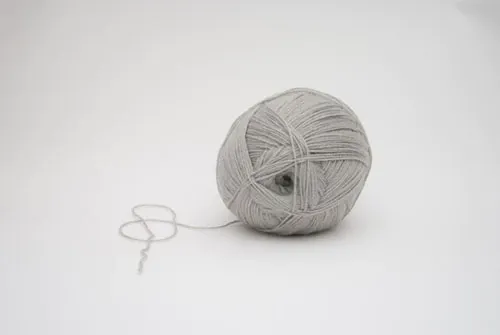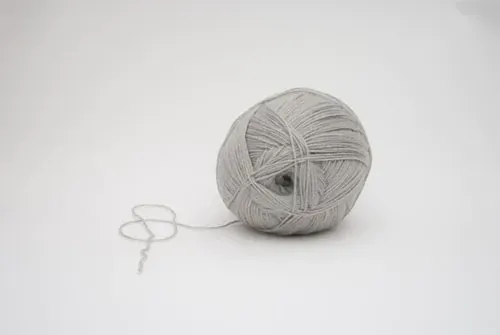How Artists Can Add Value To Business
Written by

I want to let you in on a secret, which has profound implications for the core business of artists. It’s this: a lot of companies are doing well by doing good. This often consists of sponsorship and philanthropy, which has all-too-often been a matter of ticking boxes in annual reports. However, a more integrated approach is being explored in some companies who see their business in creative terms; who ask themselves: how do we make this world a better place?
But first, a parable. In a labyrinthine cave in Crete, Theseus slays the Minotaur, but is stuck for a path back to daylight. Fortunately, Ariadne provides him with a ball of string to find his way out. So, he can rely on his brawn to get halfway through and slay the beast. But after that, he’s helpless without some specialist expertise. Such is the mutually beneficial relationship between business and the arts.
Businesses struggle with meaningful values
Doing well by doing good requires organisations to do something that comes naturally to artists: think about their values, beyond the coin-operated bottom line. This is something artists are brilliant at, but which many businesses grapple with, and struggle to demonstrate past the rhetoric.
Doing well by doing good requires organisations to do something that comes naturally to artists: think about their values, beyond the coin-operated bottom line. This is something artists are brilliant at, but which many businesses grapple with, and struggle to demonstrate past the rhetoric.
The uncomfortable truth for many larger businesses is that they can no longer compete on price and features: they have to compete on values. Business research heavy-hitter Nielsen reports on a global survey indicating that over 60% of respondents would happily pay more for sustainably produced goods, and it’s trending up.
Research by Cone Communications in 2017 shows:
-
94% of Gen Z believe companies should help address social and environmental issues (vs. 87% Millennial, 86% General Population)
-
89% would rather buy from a company supporting social and environmental issues over one that does not
That’s on the customer side. Meanwhile, internally, businesses are finding they need to get their true values lined up in order to attract staffers, too. Colmar Brunton recently found that:
-
66% of kiwis would rather work for a company with strong values even if they are paid less
-
72% of kiwis say it’s important for them to work for a company that is socially and environmentally responsible

Strategic problems require creative solutions
Artists are the heartbeat of the community and arbiter of the times. They generally recognise the need to change early and often play the muse, inspiring new ways of exploring old problems. Artists are well placed to guide an authentic match of community and business partners.
Business and artists also have much in common, which is frequently overlooked. Both need to launch a solution, build a team, and reach an audience, all with limited resources. Artists are practiced exponents of forming, shaping and directing the ultimate agile team.
Artists are well positioned to hold the needle and guide businesses to tell their story. Angela Green’s MBA research showed how the genesis of an art project was not dissimilar to the business creation process.
Everyone in business is going crazy over engagement, which of course is artists’ stock in trade. In order to generate engagement, story is becoming more participatory. New Zealand has produced many artists who have embraced this business divide, from Billy Apple to Inside Out Theatre to Urban Dream Brokerage. Not so much the tip of an iceberg, the overlap between art and business is more of a largely unexplored continent.
Artists, and the arts, offer real value to business
Every company-Theseus needs an arty-Ariadne of its own. Organisations like mine - Giddy Up - specialise in matching businesses with community groups, including artists and art organisations. Our website has a wide range of examples.
More importantly, I urge all artists and arts organisations to consider business as a viable funding channel, which at least compliments traditional sources such as municipal or state funders. It can be so much more than an ad in the programme, or a sponsorship transaction. There is the opportunity for a long term value aligned strategic relationship: your ball of string to their Theseus.
By Brian Steele
Brian Steele has a background in strategy, corporate finance, and governance. Shoreline Partners Ltd actively supports the arts, and has a 14 year relationship with Circa Theatre. Brian created Giddy Up to help businesses connect with the community - including artists - who are best placed to articulate and authenticate their stories. He’s also a director at New Zealand Book Council.
